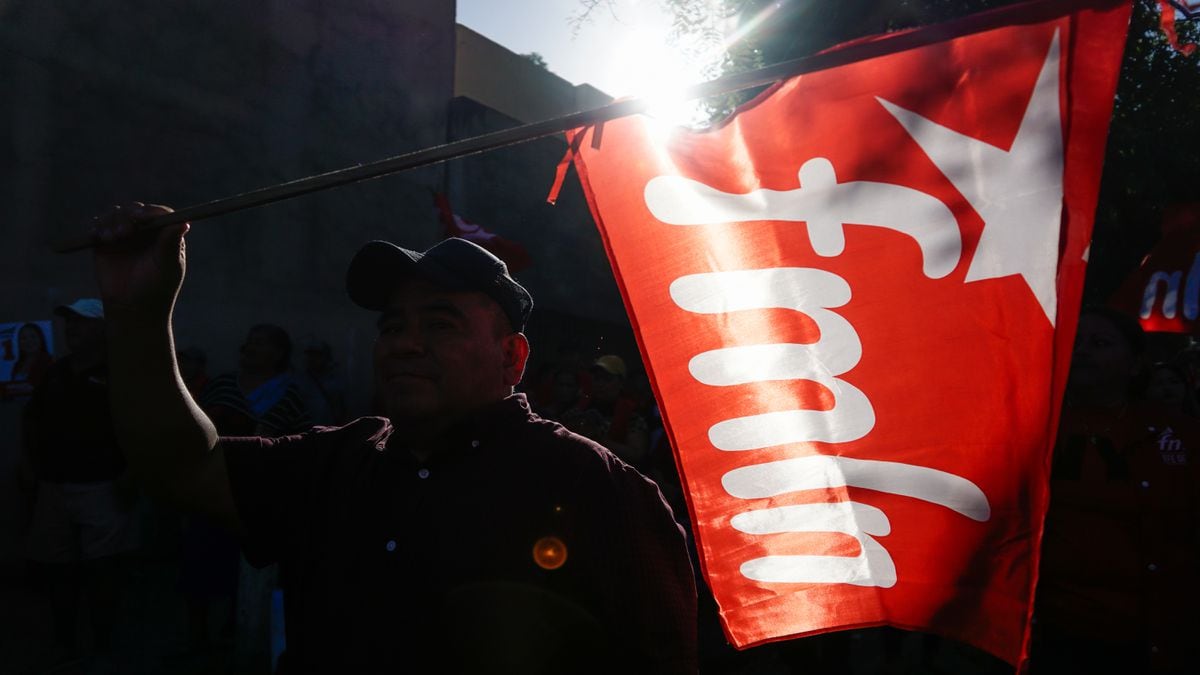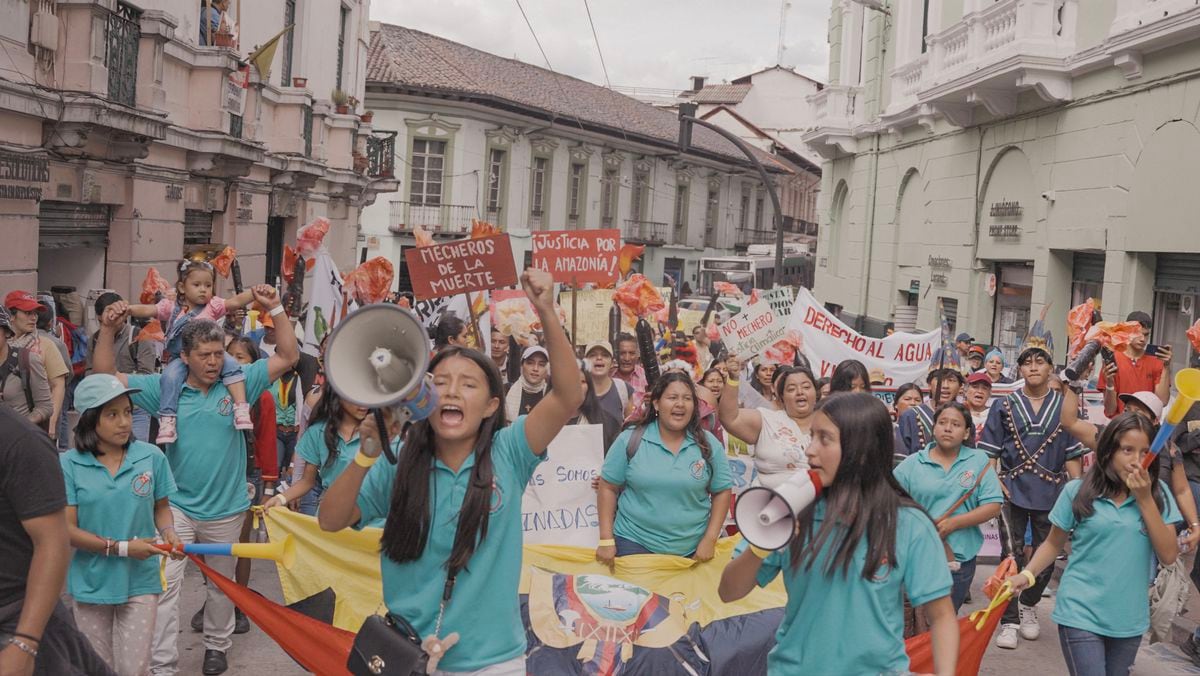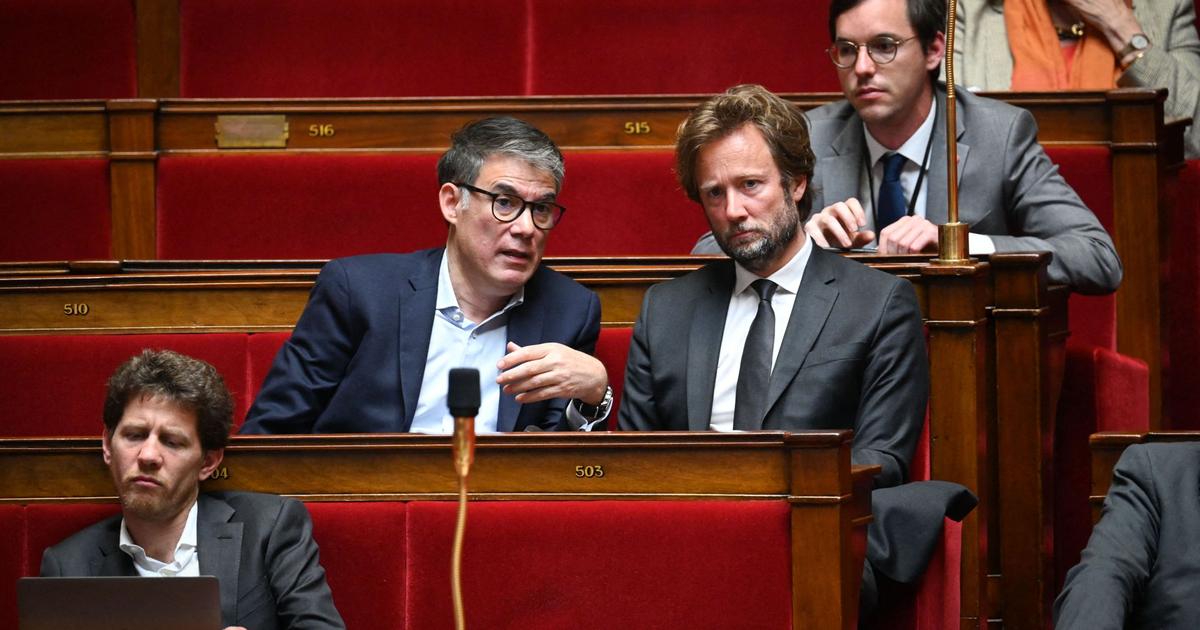Damascus-Sana
Today, the People's Assembly continued its first session of the first regular session of the third legislative session, held under the chairmanship of Hammouda Sabbagh, which is devoted to discussing the ministerial statement, in the presence of Prime Minister Hussein Arnous and a number of ministers.
In his response to the interventions and questions of the Council’s members, Eng. Arnous affirmed that the government statement reflects the concern for credibility and transparency in front of the representatives of the people and did not leap from reality and was prepared based on the analysis of the current reality and the monitoring of the existing human and material capabilities.
The engineer, Arnous, said that the statement is based on what came before it and establishes what comes after, pointing out that for the first time, an item entitled urgent challenges and priorities for government work was singled out, which included seven points that affect the citizen’s daily life, including strengthening the elements of national steadfastness, improving the living situation, providing basic commodities, stabilizing prices, and providing derivatives. Oil, gas, electricity, treating the drinking water problem, providing medicine, and responding to the Corona pandemic.
He added that the statement included nine programs ... they are the National Program for Administrative Reform, the Program for Enhancing Transparency and Combating Corruption, the Judicial Reform Program, the Program for the Development of the Syrian Legislation System, the National Program for Agricultural Development, the National Program for Industry Promotion, the Small and Medium Enterprises Support Program, the Program for Enhancing the E-Business Environment and Electronic Payment, and the Program for Supporting Information Industries. Pointing out that these programs will be ready for presentation to the People's Assembly at the beginning of the next session, including the necessary operational procedures and mechanisms, the bodies responsible for implementing each of them, and the time periods required for their implementation.
Eng. Arnous stressed that the government statement represents the directions of government work that we promise to work on in a committed manner, and that will be followed by the development of a plan, time programs and digital indicators to measure progress. The digital plan and programs are developed based on the statement, and the government will work on all the points that came in the statement and we promise the best investment of the resources and capabilities available to reach To the goal.
The engineer, Arnous, explained that despite all the direct damages that Syria suffered as a result of the terrorist war against it, which amounted to about 8,594 trillion pounds, and indirect damages about 36,227 trillion pounds, according to book prices, the state still continues in its duty to provide support for basic products and services to our people in various fields.
Engineer Arnous indicated that the statement did not skip the citizen’s needs and daily concerns such as the oil derivatives crisis, pointing out that in light of the technical situation of the Banias Refinery, maintenance had to be carried out instead of risking operating it more and risking it, explaining that this coincided with the increase in the severity of the blockade and stopping a number of oil tankers. Before arriving at the Syrian ports to tighten the noose and continue pressure on our people, indicating that this suffering will end at the beginning of next month, pointing out that the bill for oil derivatives amounts to about $ 2 billion annually.
With regard to the bread material, the engineer, Arnous, pointed out that the annual cost of the state’s need for wheat is estimated at $ 400 million, and a contract has been made to “supply 800 thousand tons of wheat” to boost the stocks of this strategic material, stressing that the bread is a “red line” and we always strive to secure it within the framework of support. The government indicated that the measures taken aim to reduce waste and limit the weak-minded from exploiting the subsidy provided for bread to trade in and turn it into fodder.
In the electricity sector, the Prime Minister explained that the generation capacity today is estimated at 4,500 megawatts, and what is being operated now in light of the available potential of gas and fuel is estimated at 2,800 megawatts, and the government is seeking to improve the electrical reality by focusing on drilling gas wells, and two contracts worth More than 8 billion Syrian pounds to secure the equipment to raise the efficiency of the plants' cost-effectiveness and work to reduce the losses in the electrical network in addition to completing the preparation of the power station in Lattakia and the establishment of an electrical generation station or repair of one of the groups in the electrical station in Aleppo.
In the irrigation and drinking water sector, Eng. Arnous affirmed that the government continues to complete many dams, dams and draft channels, replacing networks and rehabilitating irrigation projects in the third, fifth and seventh sectors in Deir Ezzor, the southern plains of Aleppo, the plains of Homs-Hama, al-Ghab networks and irrigation stations in the plains of Daraa and Quneitra, and rehabilitating the generation groups on The Euphrates River, in addition to digging 21 wells in Hasaka to alleviate the suffering of the people, in addition to continuing the implementation of a number of dams Sheikh Hassan “Al Blouta” Bradun Dam “Al Wagar Dam in Al Nabek” and work is underway to maintain “Al Mashnaf Dam and Al Ghayda Dam in Sweida”.
Regarding improving the living conditions, Eng. Arnous affirmed the state’s keenness to deal with this aspect with all responsibility, as it began to increase compensation for some sectors, including the food meal for hazardous work, which includes 131 thousand workers, improving health insurance services for workers in the state, and the honor of the President by doubling the value of the food ration for the military, starting from 1-10-2020, reviewing the incentives and compensation system, directing all parties to activate them and linking them to production, and opening the incentive bonuses, pointing out that work continues to increase salaries and wages according to segments according to available capabilities, reviewing income tax on salaries and wages, and working on reforming the tax system.
With regard to market and price conditions, the Prime Minister clarified that the government effort is focused on increasing the production capacity in various sectors and focusing on cultivating arable lands and increasing production capacities in a way that guarantees the investment of all possible resources, activating and operating all public sector factories while continuing to reform the economic public sector and increase positive intervention centers. And the popular markets and outlets in parallel with the strict control over the markets, price control and product quality, and the continued support of the materials that are distributed on the ration card and provide them without interruption.
In the pharmaceutical sector, Eng. Arnous said that imports of primary materials and production requirements used in the pharmaceutical industry have been exempted from customs duties and a package of incentives has been put in place to encourage them to produce and export, which will help them to continue after securing the internal market needs from them while continuing to work on equipping public hospitals and discussing ways to install cadres Medical services in hospitals and health centers.
With regard to combating corruption, the Prime Minister affirmed that it is a continuous process that has never stopped. This is evidenced by reforming laws and legislation that may open doors to corruption in addition to supporting monitoring and inspection institutions, indicating that the government is open to cooperation with members of the People's Assembly in this field and is working to secure all The requirements of the judiciary to enable it to perform its role optimally and to ensure its independence to be one of the foundations for fighting corruption
Eng. Arnous explained that the state continues to support the families of the martyrs and the wounded and strive to secure employment opportunities for them and bring them into the production process, pointing out that the government, through the Ministry of Administrative Development, announced yesterday a competition and testing for the segment of those discharged from the service of science who are admitted to the program to support and empower the demobilized.
On screening engineers, Arnous stressed the state’s commitment to appointing them, and work is underway within the framework of the National Program for Administrative Reform to develop the screening system based on the actual need, adding that regarding screening the engineers for the years 2018-2019, the ministries' needs of engineers will be examined within two months and open the way for competition and the selection of work centers by the end of the year So that the appointment process will take place early next year.
With regard to the decision to spend $ 100 at the border outlets, the Prime Minister stressed that the decision does not include a ban on returning to the homeland, and that it has been directed to border centers to enter humanitarian cases that are unable to dispose of the amount.
Regarding support for the agricultural sector, Eng. Arnous emphasized that this sector receives special government attention as it is a true guarantor of supplies from agricultural production, pointing to the re-introduction of agricultural loans, exemption from interest on them, exemption from financial liabilities incurred by subscribers to electric energy for agricultural purposes, and raising the prices of importing agricultural products "wheat". Cotton, tobacco, encouragement of family farming, distribution of agricultural grants to rural families, support for the poultry sector, work to restore government poultry facilities, work to restore the tractor plant in Aleppo, and the announcement of a tender for the purchase of 1,000 tractors and two tenders to conclude contracts to secure fertilizer for farmers at a subsidized price.
He pointed to the beginning of the rehabilitation and development of the jungle and the allocation of 6 billion Syrian pounds for this and the reforestation of the areas that were exposed to fires, repair and paving roads in preparation for reforestation, and said that the government will focus on launching a program to support and empower young people, invest their energies and direct them towards reconstruction and development and address the obstacles facing the small and medium enterprises He pointed out that the government has allocated 20 billion pounds to support the interest of loans in small and medium enterprises.
In the field of re-displacement and reconstruction, Eng. Arnous said that the government continues its commitment to rehabilitate the necessary services and infrastructure that enable the return of life in those areas and the return of the displaced to their homes and enable our people to return to their lands.
On education and higher education, Arnous explained that this sector receives the full attention of the state through developing and equipping the infrastructure, and the government sector absorbs 95 percent of pupils and students free of charge, and the state continues its interest in qualifying cadres and educational institutions and enhancing their presence in terms of quantity and quality.
The Prime Minister concluded by affirming that the government will do everything it can to alleviate the suffering of citizens and determine spending according to priorities that lead to that, indicating that all channels of dialogue and debate are open on any issue that the People's Assembly deems important to raise and its results are reflected in the economic reality.
Sabbagh concluded the work of the first session, explaining the importance of the People's Assembly and the government playing the role assigned to them in order to achieve the best performance in the work of institutions, indicating that the People's Assembly always exercises its right to legislate and monitor and point out defects in order to push the work process forward according to the directives of President Bashar Al-Assad.
Sabbagh pledged to continue work and to be keen on the interest of the homeland and the citizen in a way that enhances the capabilities of resilience, stability and development to advance the process of building a renewed Syria, and saluted the bravery of the Syrian Arab Army, the shield of the homeland and its impregnable fence, and saluting the souls of the great martyrs.
The session rose to 12 noon on Sunday, October 4.




/cloudfront-eu-central-1.images.arcpublishing.com/prisa/Y3U2NXZN6O4Z43I7SEKQ4HTWOI.jpg)




/cloudfront-eu-central-1.images.arcpublishing.com/prisa/KBZLUQ5BWNBNBFOHTOUOOJ3KUI.jpg)